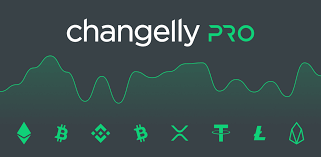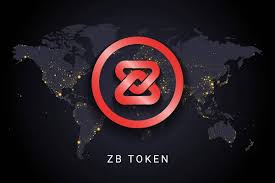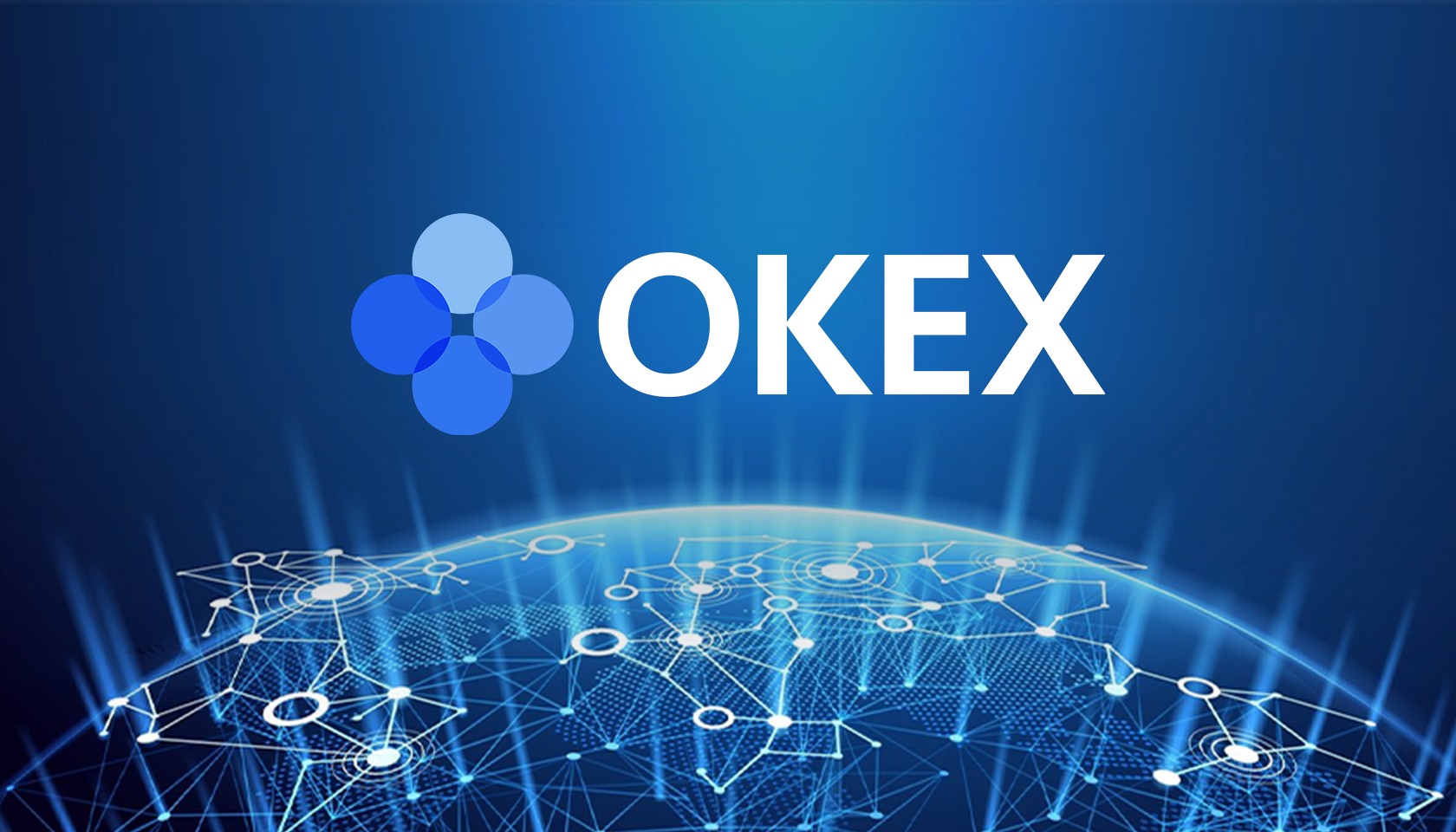Market patterns
Given the accommodation of set up money and installment frameworks, what is driving the regularly developing enthusiasm for Bitcoin and other virtual monetary forms?
Intrigue originates from a conjunction of a few elements. The ongoing increment in the cost of bitcoin exhibited the status of this virtual cash as a benefit class for ventures. There has been a noteworthy increment in flexible investments putting resources into virtual monetary standards and retail financial specialists are likewise putting resources into and exchanging the benefit. Further, exchanging markets are developing – for instance, the CBOE Futures Exchange (CFE) and the Chicago Mercantile Exchange (CME) have started offering Bitcoin prospects. Despite the fact that it has not been broadly received in US customer and retail exchanges, virtual money may turn out to be progressively appealing to shoppers as a result of information security concerns and the likelihood of lower exchange charges. At the universal dimension, China, India, and Japan have seen a development in virtual monetary standards – mostly as an option in contrast to the US dollar. A unit of the People’s Bank of China has even effectively advanced the use of blockchain innovation, and huge foundations in Japan are starting to acknowledge computerized cash as a value-based element. Bitcoin and some other virtual monetary standards are decentralized, which implies that they work freely of an outsider organization. This is a progressive advancement that has provoked the enthusiasm of numerous members and eyewitnesses. The substance of bitcoin and different advancements running on the blockchain is that there is no concentrated specialist for exchanges and record-keeping – rather, there are numerous data sources (ie, PCs) checking and supporting exchanges by lion’s share. Accordingly, Bitcoin and different digital currencies speak to an approach to move an incentive without dependence on set up organizations. This implies virtual money moves on the blockchain will in general be quicker and increasingly solid as they are not exposed to human blunder, kept by neighborhood guidelines, or defenseless against altering.
Guidelines
Has your government found a way to manage virtual monetary forms? What is their present status?
In the United States, the guideline is rising up out of a few sources. Administrative difficulties incorporate the controllers’ powerlessness to follow virtual money exchanges, regional restrictions on the extent of US controllers’ purview, and the nonattendance of any focal administrative expert.
The Securities and Exchange Commission (SEC) is worried that the offering and clearance of virtual money (or ‘tokens’) is a closeout of a security under the Securities Act of 1933 and that there be consistency with offering guidelines, including giving proper divulgence to speculators so as to anticipate misrepresentation. The executive of the SEC has discharged proclamations on the ascent of cryptographic forms of money and the SEC has distributed a financial specialist release on the point. The SEC will likewise utilize its investigatory and implementation forces to forestall misrepresentation; in an ongoing model, it charged a previous Bitcoin-named stage and its administrator with extortion. The SEC has likewise brought authorization activities bringing about the receivership of money backers.
What’s more, the Commodity Futures Trading Commission sees cryptographic forms of money and subsidiary contracts based subsequently as items in specific conditions.
The US Treasury Department’s overseer is associated with looking into the Financial Crimes Enforcement Network’s (FinCEN’s) digital money rehearses as they identify with illegal tax avoidance and fear-mongering financing dangers.
State administrative experts are additionally playing a job in directing virtual monetary forms. For instance, the Conference of State Bank Supervisors (CSBS) has shaped the CSBS Emerging Payments Task Force to analyze the crossing point between state supervision, state law, and installments advancements and to distinguish regions for predictable administrative methodologies among the states. Furthermore, the National Conference of Commissioners on Uniform State Laws has built up a Uniform Regulation of Virtual-Currency Businesses Act to give a statutory system to the guideline of organizations taking part in the “virtual-money business movement”.











